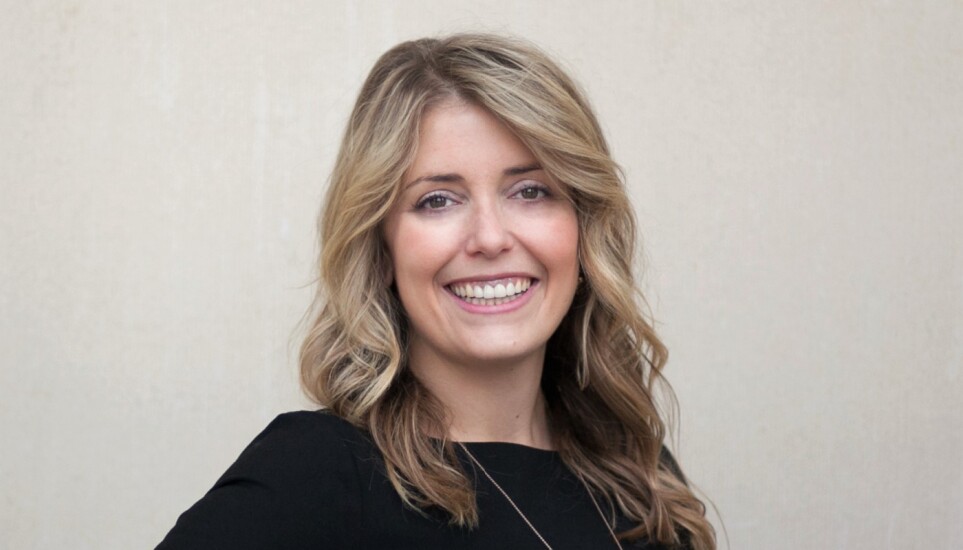StellarFi, a startup that pays customers' bills for them, even when their bank account balance is zero, and reports the bill payments to credit bureaus, announced a $15 million Series A round on Tuesday. The round was led by Acrew Capital with participation from Trust Ventures, ATX Venture Partners, Dream Ventures, Interplay, Accomplice Ventures and 11 other venture capital providers.
StellarFi will use the money to hire people and forge partnerships with banks, the company said. The round comes one year after StellarFi's $7.2 million seed round, bringing its total funding to $22 million to date.
StellarFi's products are designed for difficult economic times. Its customers are people who are living paycheck to paycheck, but who don't necessarily have low incomes, Lamine Zarrad, founder and CEO, said in an interview. The company's customer base has been growing 86% per month since June, he said.
About 150 million Americans have credit scores below 680. About 48% of people who make more than $150,000 a year have trouble paying their bills each month, he said.
"Most Americans are over leveraged, especially over the past 15 years of the bull market," Zarrad said. "Everyone took out loans, cards and other debt, and people are just struggling to manage those payments, even if they have enough money to cover their bills. And a lot of people do have enough money, but they may not have the money when the bill is due, in that moment of time."
In such moments, StellarFi pays the bills and then pays itself back when the money is in the customer's account.
"We know that we'll have it within two weeks," Zarrad said. The company will let customers carry a credit balance for 90 days.
"StellarFi is relentlessly focused on helping their members improve financial health, starting with better credit scores," said John Gardner, venture partner at Acrew Capital, in a statement. "Their product has demonstrably improved members' credit ratings in less than two months, which ultimately enables access to better and lower cost financial products."
About 210,000 customers use StellarFi for free, to obtain credit bureau reports and keep an eye on their credit score, he said. Close to 40,000 customers subscribe to either a $5 monthly plan, in which StellarFi pays up to $500 worth of bills, or a $10 plan, in which StellarFi pays up to $25,000 in bills a month. The "overwhelming majority" of customers go for the $10 plan, Zarrad said.
The bill payment helps people avoid overdraft fees and credit card interest payments. By reporting payments to Experian, Equifax, TransUnion and Innovis, StellarFi also helps people improve their credit scores, Zarrad said.
"There's a relationship between higher credit score and overall cost of borrowed money," he said. "So for $10 a month you are not only getting the convenience of paying all your bills in one place, managing those bills, not getting overdraft fees, not paying interest rate of any kind, but you're also saving on your other debt. Because now you can refinance debt and get a much lower interest rate."










